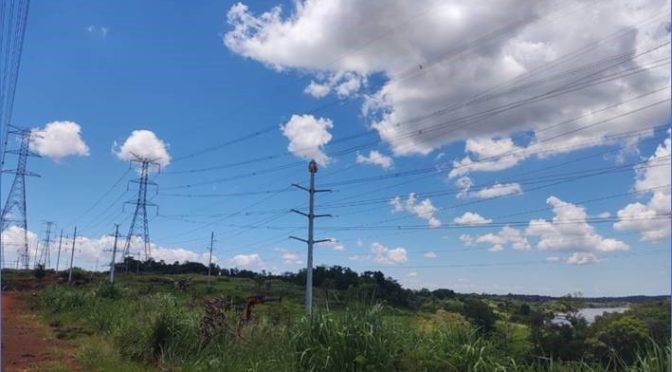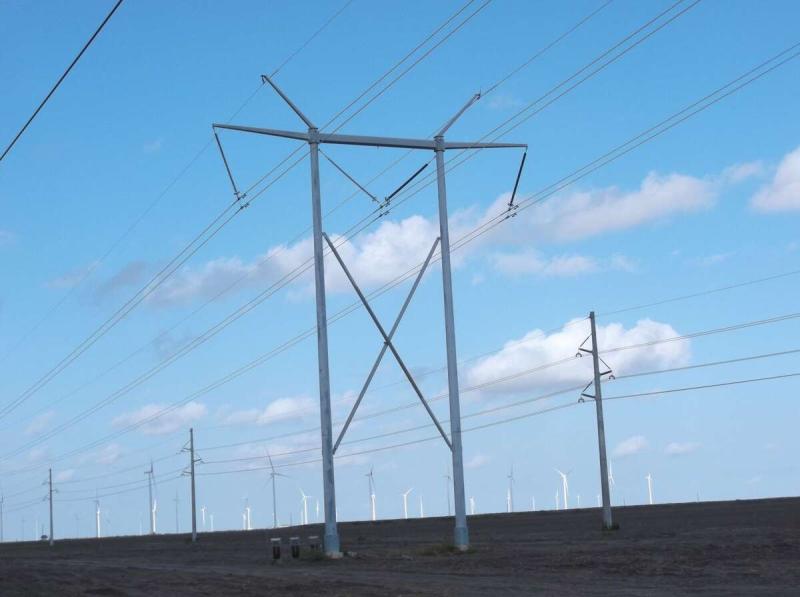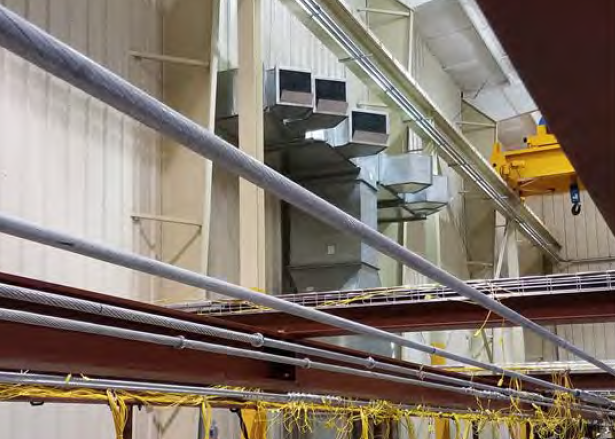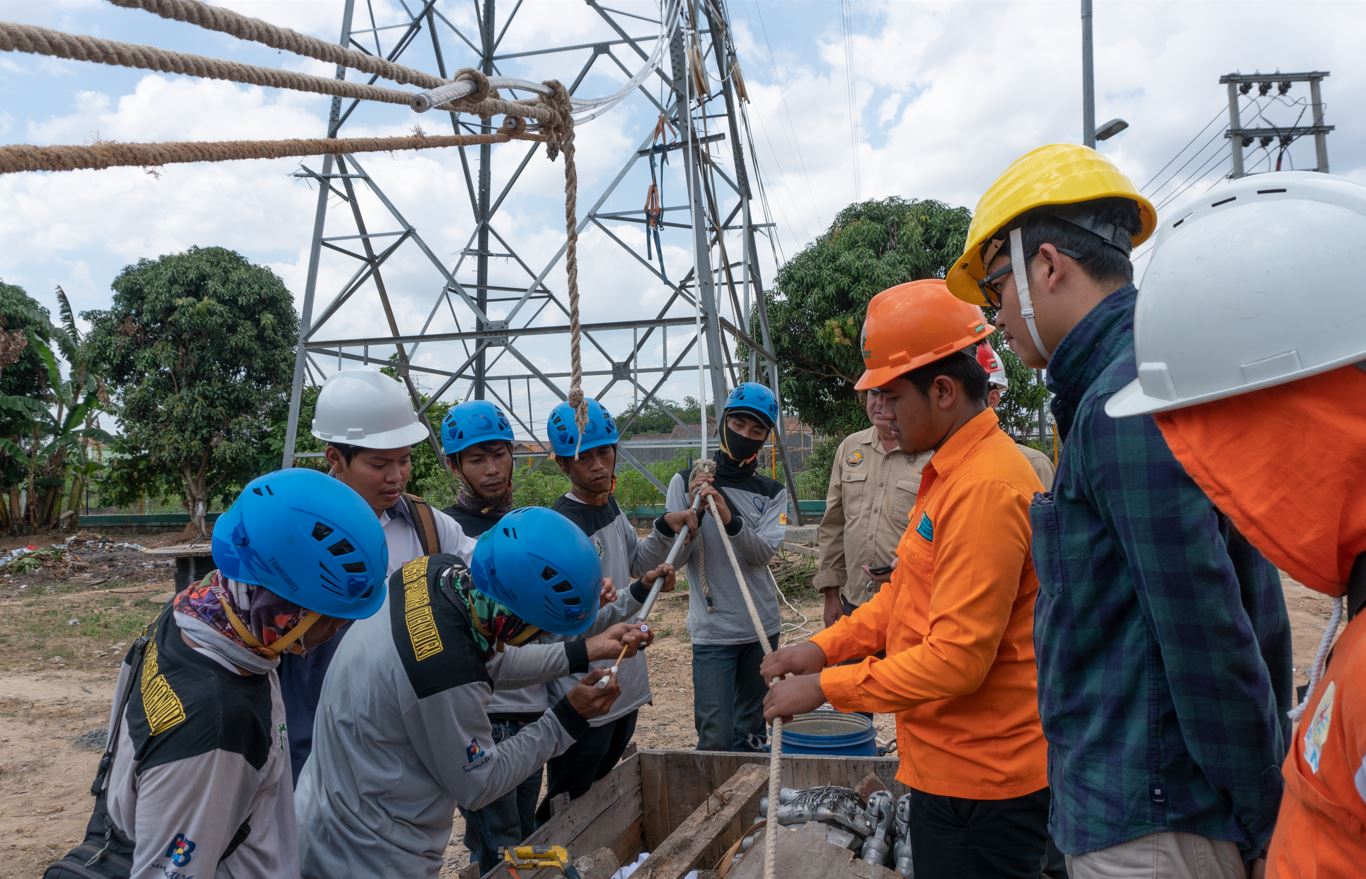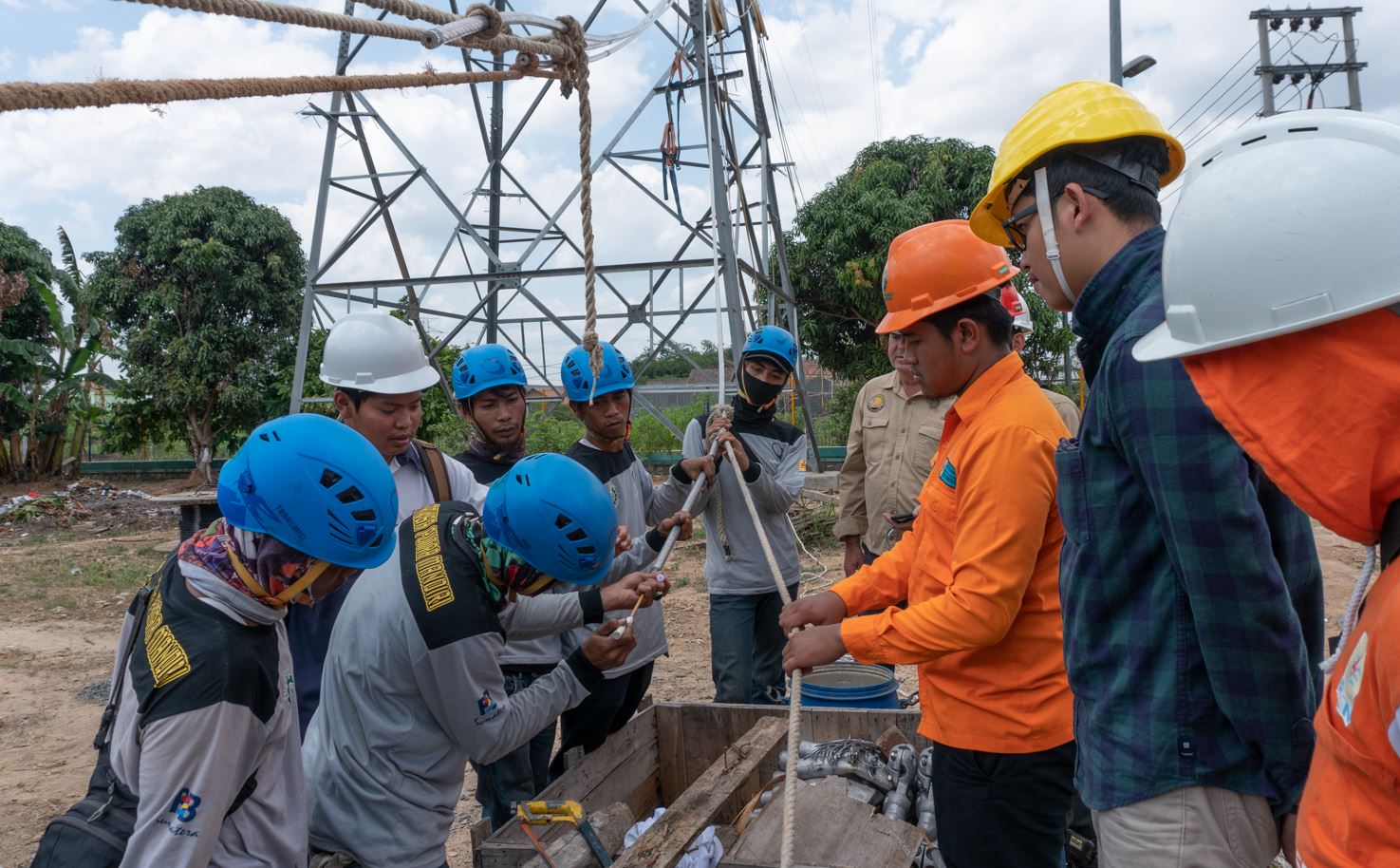In the realm of electrical infrastructure, adherence to industry standards is paramount. These standards, established by organizations like ASTM and the International Electrotechnical Commission (IEC), serve as pillars ensuring manufacturing consistency, product quality, and ultimately, public safety. While not all entities may fully comply with these standards or operate from ISO/IEC-certified facilities, utilities worldwide, including those in the United States, recognize their importance. Leading the charge in this domain is CTC Global, championing the development of relevant standards such as ASTM B987-20 and ANSI C119.7, in collaboration with esteemed entities like EPRI, IEEE, and IEC.
The genesis of such standards dates back to 1898 when ASTM, founded by Charles Dudley and his cohort of scientists and engineers, tackled the prevalent issue of rail breaks in the burgeoning railroad industry. Since then, over 12,575 standards have been crafted, encompassing a diverse array of materials, products, systems, and services. Among these, several standards pertain to bare overhead conductors, ancillary hardware, and the innovative ACCC® Conductor, renowned for its composite core technology.
These standards are not merely bureaucratic formalities; they serve as the bedrock of reliability in electrical systems, especially crucial in environments marked by harsh conditions where longevity and performance are paramount. A standout among these standards is ASTM B987-20, specifically tailored to establish performance and testing criteria for the ACCC® Conductor’s composite core, ensuring it meets stringent quality benchmarks.
Additionally, a suite of other standards addresses various facets of conductor manufacturing and hardware. Noteworthy examples include EN 50540, ASTM B857, and ASTM B 609, each playing a vital role in maintaining the integrity and functionality of electrical infrastructure.
Beyond international standards, many utilities have established internal protocols, further underscoring the industry’s commitment to quality assurance. CTC Global takes pride in its collaborative efforts with utility partners and stakeholders to ensure compliance and facilitate the adoption of advanced conductor technologies.
A cornerstone in this landscape is ASTM B987-20, which lays down comprehensive specifications for Carbon Fiber Thermoset Polymer Matrix Composite Cores (CFC) used in overhead electrical conductors. Developed in consultation with industry stakeholders, this standard delineates stringent requirements for core composition, encasement, and performance validation.
CTC Global, operating from ISO/IEC-certified facilities across the globe, meticulously adheres to these standards in the production of ACCC® Conductor cores. These cores, subjected to rigorous QA/QC testing, are then dispatched to authorized manufacturing partners, ensuring the final product meets or exceeds all relevant standards.
In conclusion, industry standards serve as the linchpin in advancing electrical infrastructure, safeguarding quality, reliability, and safety. Through concerted efforts and adherence to these standards, stakeholders propel the evolution of electrical systems towards greater efficiency and resilience, ensuring a brighter future for global electrification efforts.
For further information, visit www.ctcglobal.com or contact [email protected].
